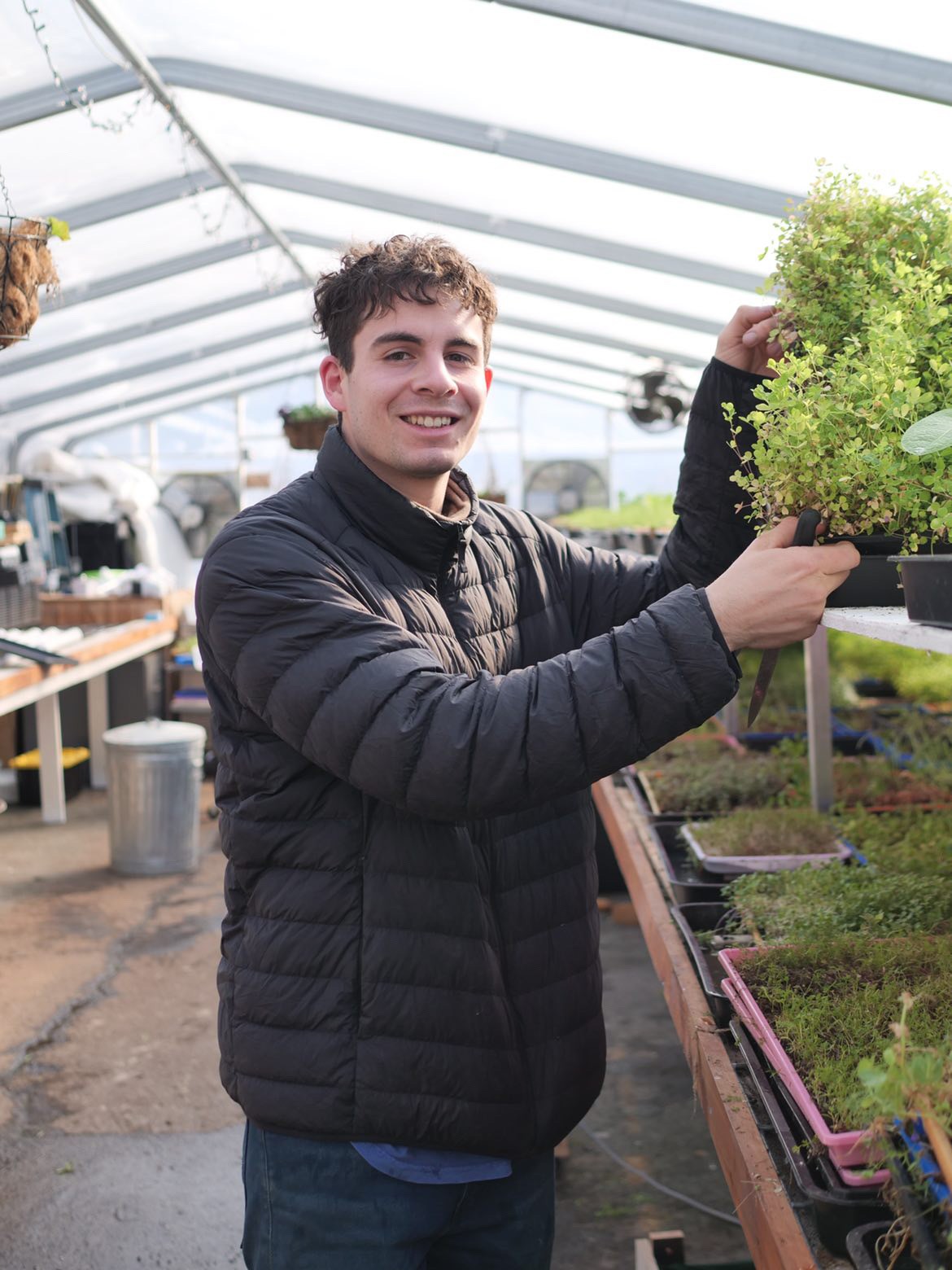

Today we’d like to introduce you to James Valencia.
Alright, so thank you so much for sharing your story and insight with our readers. To kick things off, can you tell us a bit about how you got started?
I dove into sustainable agriculture after graduating from Vanderbilt as the first double major in Environmental Sociology and Communication of Science & Technology. The undergraduate environmental sociology research my team compiled for Dr. David Hess opened my eyes to the diverse federal and municipal efforts to incorporate social equity goals and sustainable technology into city plans.
The path toward urban farming became clear after taking Dr. Kevin Galloway’s course “How to Make (Almost) Anything” at the Wond’ry. The final project connected me with Hassan Sharaff (Vanderbilt alum) at Hydrohouse Farms to design and build a harvest cart for his hydroponic greenhouse using human-centered design principles. I spent the following six months hounding Hassan for a full-time job. Hassan introduced me to David Speegle at Cheekee Greens Farms, who could offer 40 hours a week. I worked for David for almost two years, growing hydroponic lettuce and basil in greenhouses for commercial wholesalers and culinary/medicinal mushrooms in shipping containers for Whole Foods.
Eventually, my own urban agriculture operation, Radical Shoots, budded in a 100-square-foot room within the new location of the maker space nonprofit, The Forge. Six years ago, I biked to their old warehouse every day to sweep the shop floors after class in return for facility access. Al Clemmons, the previous director, offered me space in the new warehouse until eventually Farhan Sharaff sponsored the rent. I began experimenting with seeds and advice from Mark Miller of Indoor Grower’s World to grow microgreens (baby herbs and vegetables with incredible nutrient density and health-promoting compounds) in vertical grow systems.
Once I had four restaurants consistently buying microgreens, I teamed up with Donovan Taylor, biochemist, and computer scientist, to develop low-cost, scalable data collection systems and machine learning algorithms for the growing systems. Deanna Meador and Yesenia Sevilla at the Wond’ry sent us to learn the customer discovery process offered by the National Science Foundation’s Innovation Corps (Icorps) program in January of 2022. Around that time, Charlie Crawford, founder of the fourteen-year-old boutique farm CC Gardens Microgreens, noticed a sample of the product we were growing out of The Forge while dropping his own weekly delivery of microgreens at Etch, Debb Packett’s downtown restaurant.
“I’ve been doing it for 13 years. I saw the product… and first of all, I’ve seen a lot of products… but I saw your substrate and that you sold it living. After a few months of observation… I reached out to you,” Charlie Crawford to James Valencia.
Radical Shoots took on a commercial design and fabrication project (green roof) for the rooftop of the seven-story hotel, now Placemakr Wedgewood-Houston, to raise funds to buy Charlie’s business. In June, we acquired CC Gardens Microgreens, all inventory, process, team, and commercial accounts. At the same time, we opened our greenhouse at the Nashville Farmers Market to grow, share, and sell direct to the public. It was then that the Wondry’s “Launch” incubator program at Vanderbilt accepted us in their inaugural group of start-ups. One year later, Radical Shoots continues to offer microgreens to the Nashville community and finds inspiration from the visitors and chefs we interact with weekly.
I’m sure you wouldn’t say it’s been obstacle free, but so far would you say the journey has been a fairly smooth road?
Being a first-time entrepreneur who did not grow up farming, consistently providing high-quality specialty produce to chefs in town did not come naturally. With such short growing cycles, microgreens allow for accelerated trial and error ~ lots of data to crunch! As we grow in several locations across town, adapting to the various environments is a rewarding challenge.
Developing technology to support our growing systems is also a rewarding challenge. We’ve found that, while our mission is inspirational to many, retaining the talent we attract is difficult without substantial start-up capital. We are grateful for the Wond’ry Launch Incubator program, especially Stryker Warren and Martin Renkis, at Vanderbilt for helping us to navigate the sphere of start-up investment and entrepreneurial hoops.
Great, so let’s talk business. Can you tell our readers more about what you do and what you think sets you apart from others?
Our subject is microgreens, which are baby herbs, vegetables, and fruit. We sow organic seeds densely, growing for 1-4 weeks to unlock incredible flavors, textures, and nutraceutical powers. Donovan Taylor leads our ag-tech arm and collects as much data as we can from the growing operations towards the development of optimized production systems assisted by machine learning. Every week, we spread seed by hand both in our greenhouse at the Nashville Farmers Market for weekend visitors and in Inglewood, East Nashville for restaurants, hotels, and country clubs. These microgreens are grown with care, not pesticides. It’s refreshing to use flavors and nutrients that are natural and traceable.
We offer our microgreens living or cut them in front of your eyes because the nutritional compounds are maximum when fresh. The flavors range from spicy to sweet to sour, and our microgreens can target health problems relating to digestion, anxiety, inflammation, and more. Send a message on Instagram (@radical.shoots) and I will personally answer. Visit our greenhouse at the Nashville Farmers Market on Fridays, Saturdays, and Sundays to support us and other local entrepreneurs, such as Mark Makar (Mighty Sprout), a Lipscomb University pharmacy major infusing microgreens into sourdough loaves, hummus, and falafel, and Jordan Knight (Infused Nashville), who infuses our microgreens into amazing hot sauces.
Have you learned any interesting or important lessons due to the Covid-19 Crisis?
We value hyperlocal supply chains more than ever after struggling during the pandemic for certain inputs. Taking a life-cycle approach to production and finding reliable local partners is part of our mission toward resilience and sustainability.
Covid-19 took a toll on our collective immune systems. Diet is often overlooked as a source of preventative and responsive healthcare. We’re taking to heart the ancient axiom of the father of medicine, Hippocrates, “Let food be thy medicine and medicine be thy food,” by growing a diverse and colorful range of living food our bodies can use to build, repair, and prepare for challenges. The academic literature and number of peer-reviewed studies showing correlations between microgreen consumption and health benefits grows each year. The anecdotal evidence gives me hope for my mother’s multiple sclerosis condition.
It’s also important to recognize the impact that pesticides have on our health. Conventional agriculture often relies on chemicals that disrupt healthy bacteria growth. We steer clear in our microgreens. Your gut microbiome will thank you for eating microgreens free of pesticides.
Contact Info:
- Website: www.radicalshoots.com
- Instagram: @radical.shoots
- Facebook: https://www.facebook.com/RadicalShootsMicrogreens
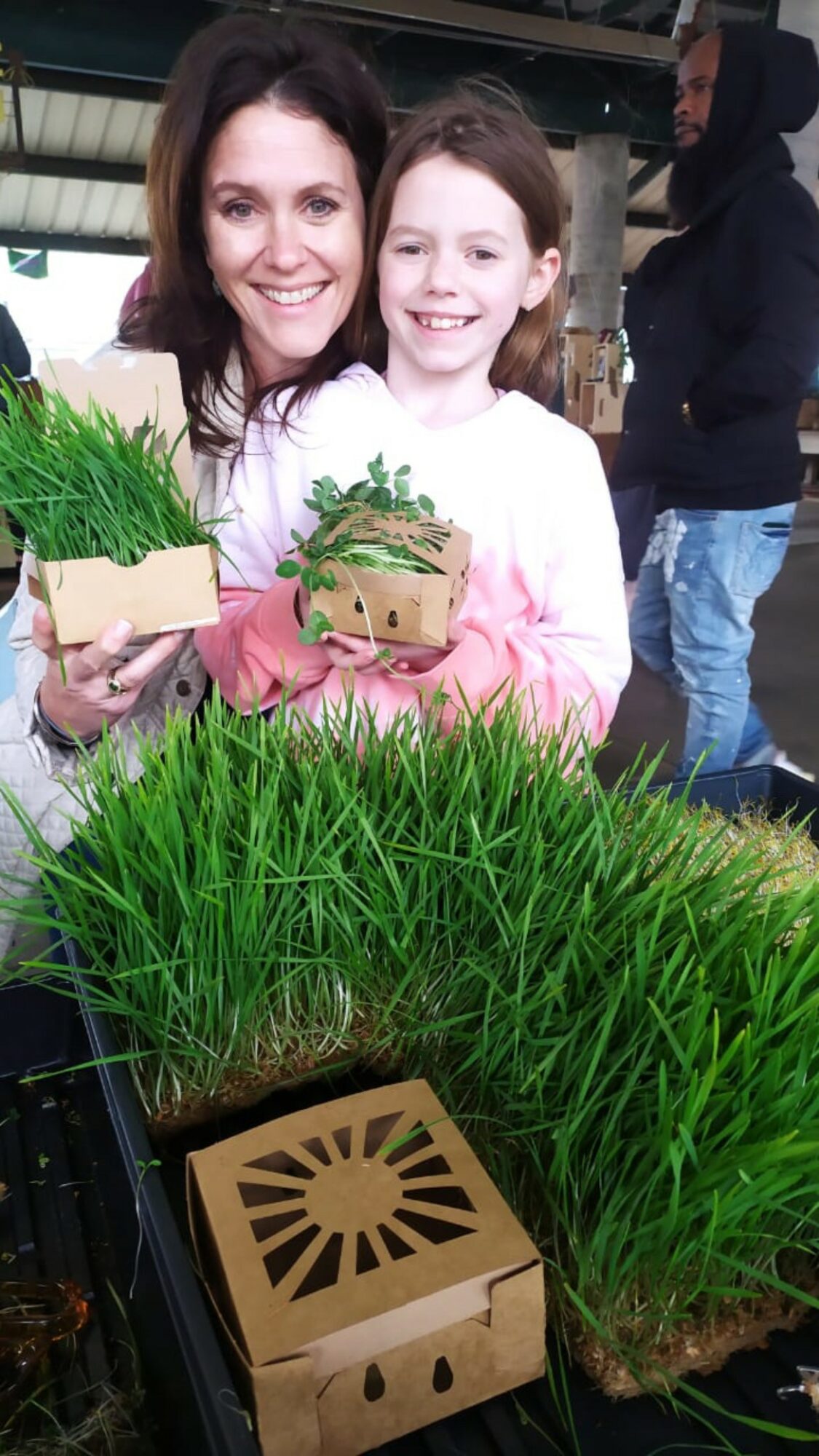
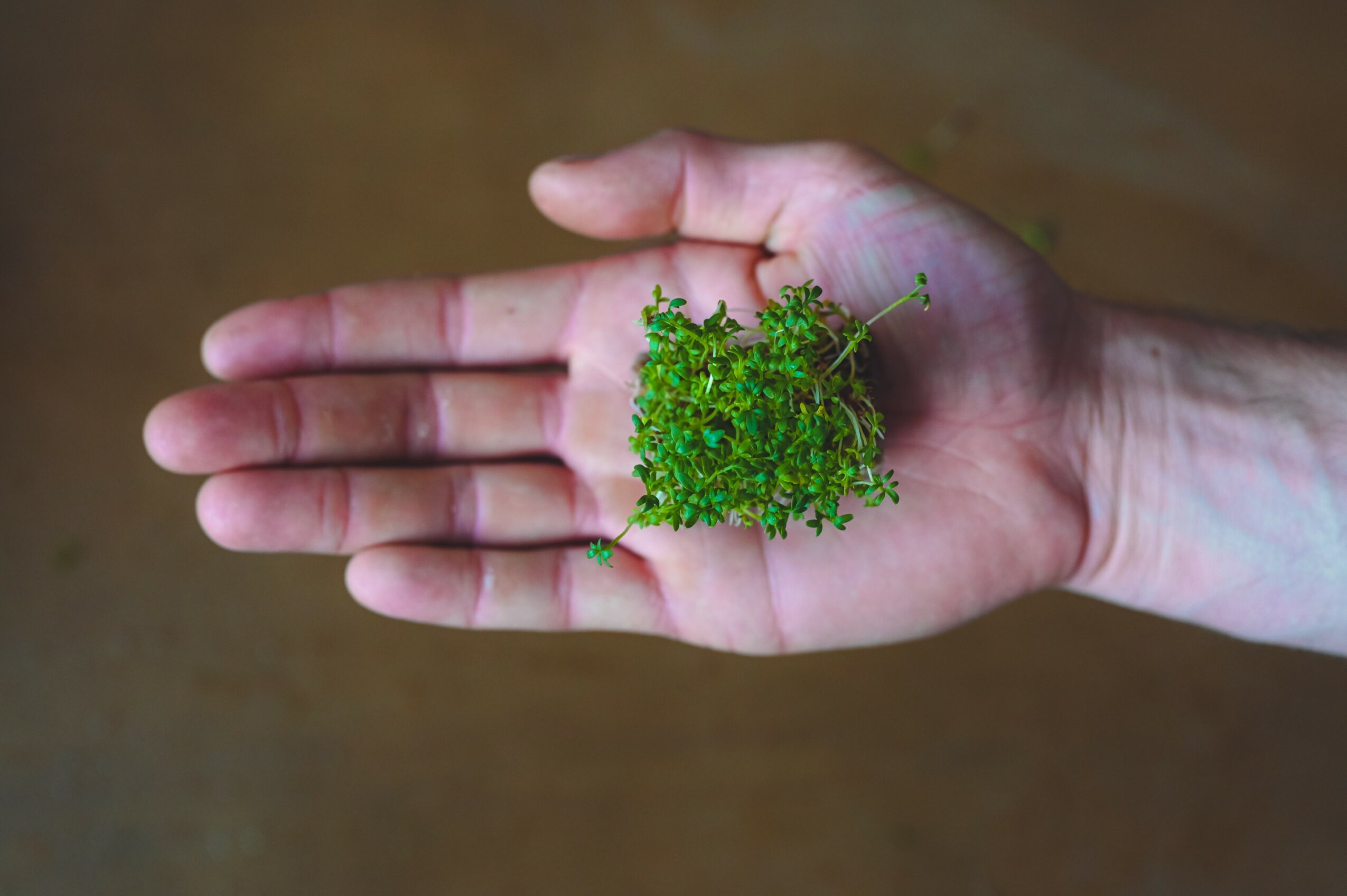
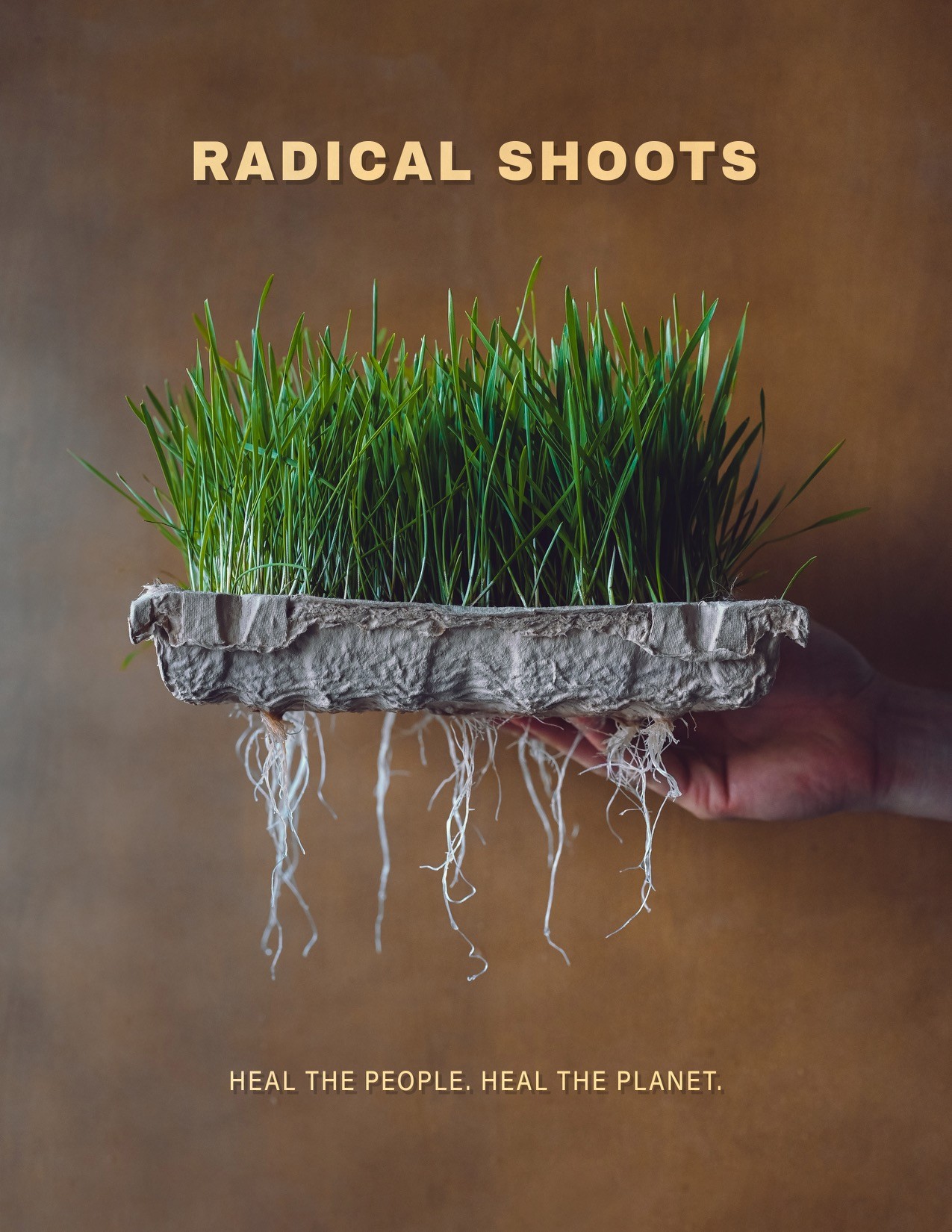
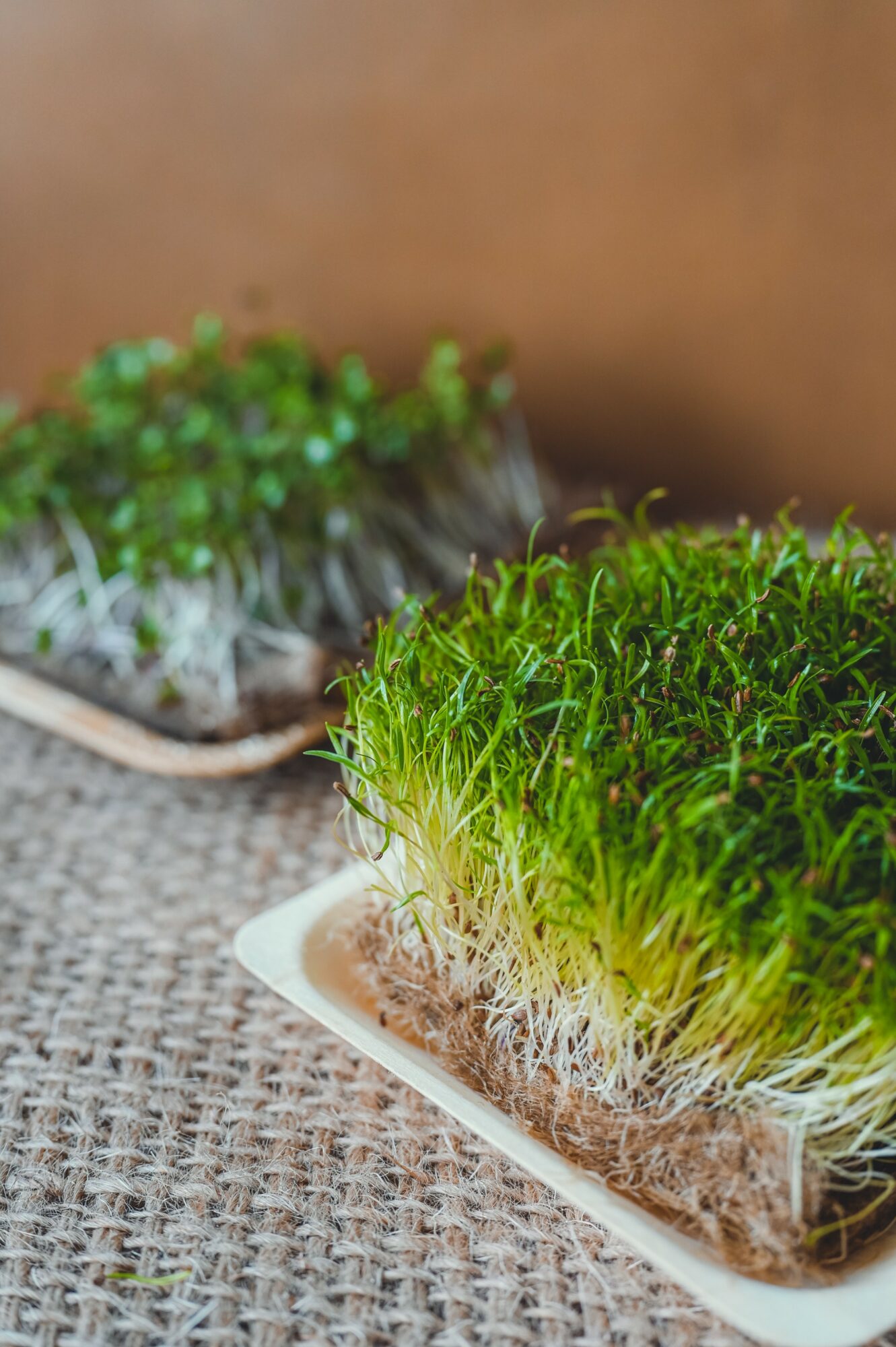
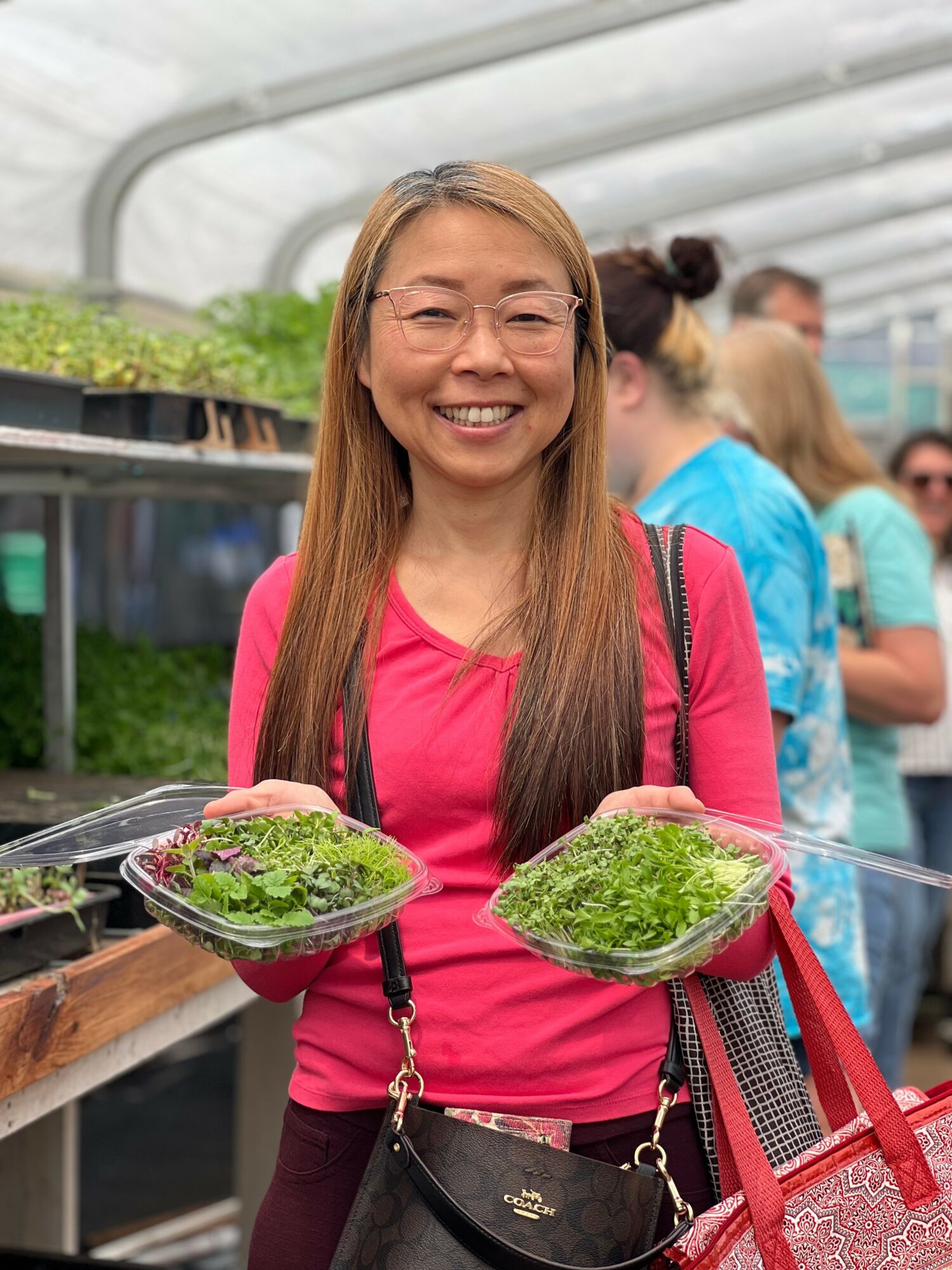 Image Credits
Image Credits
@neonleafmedia and @minuteflash












